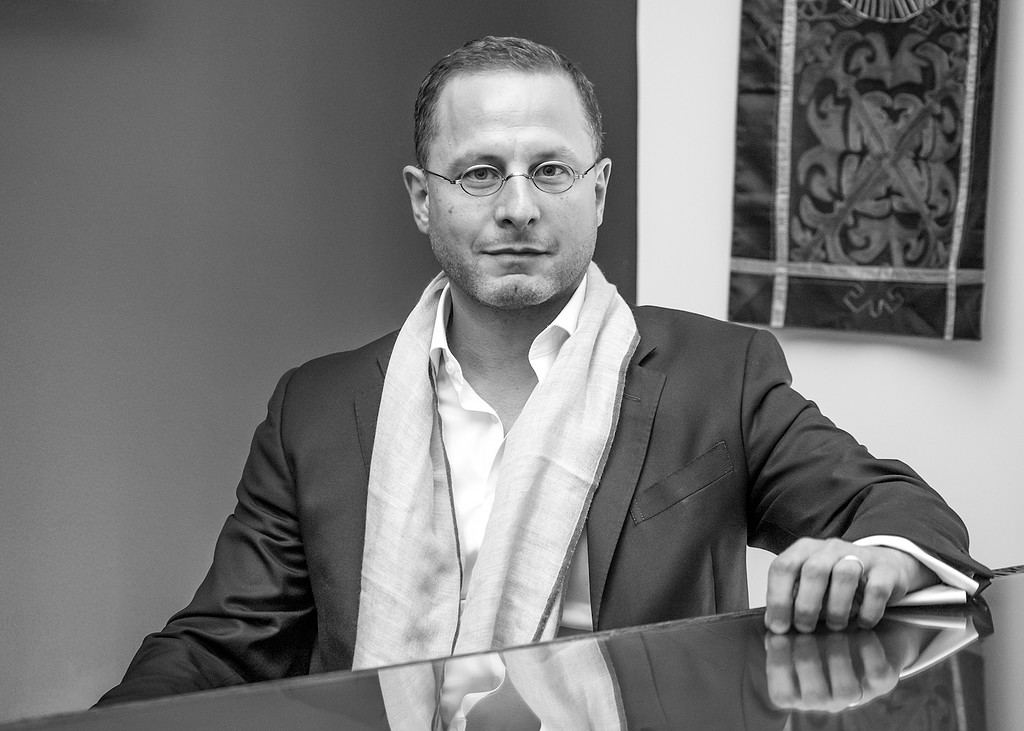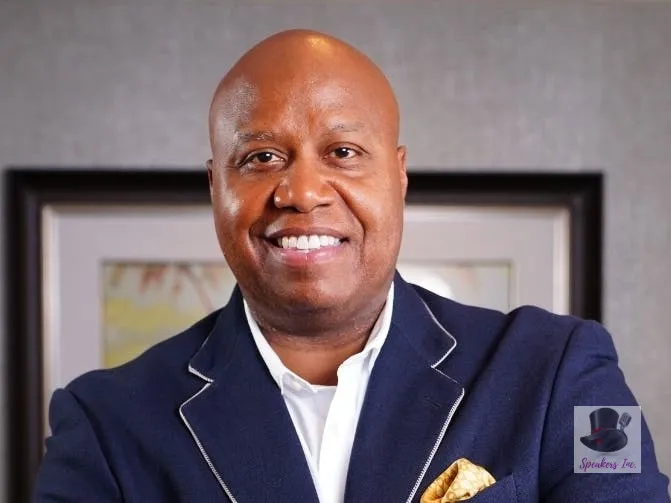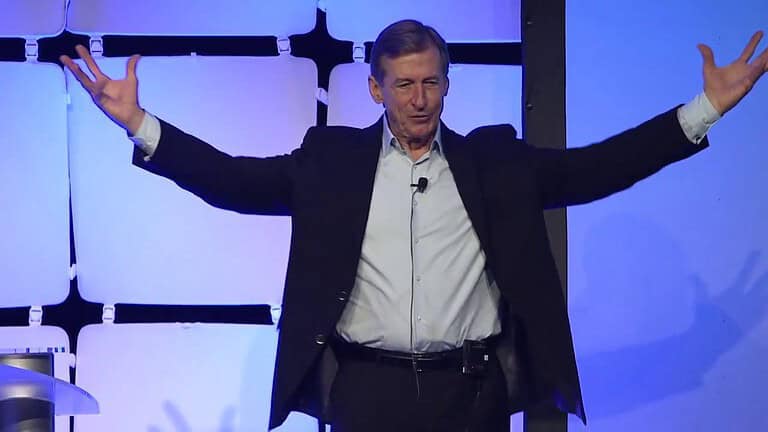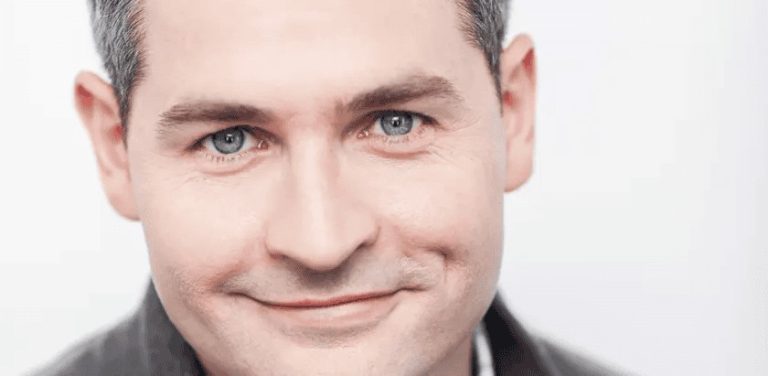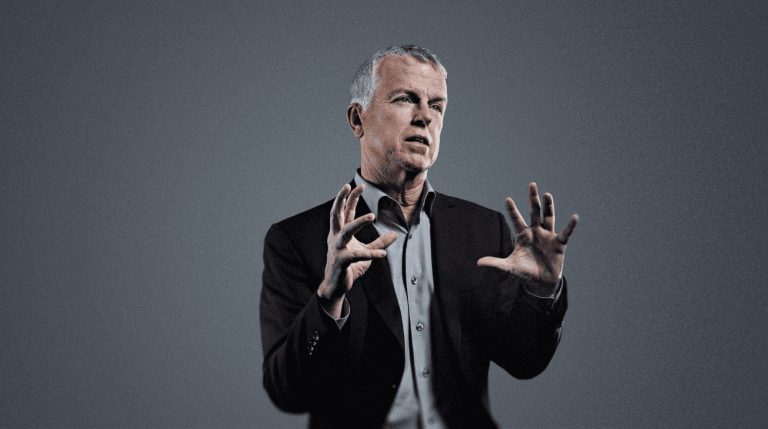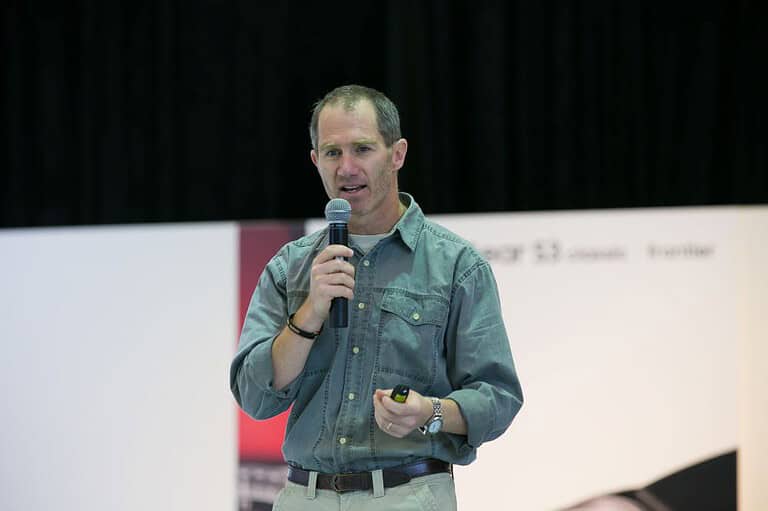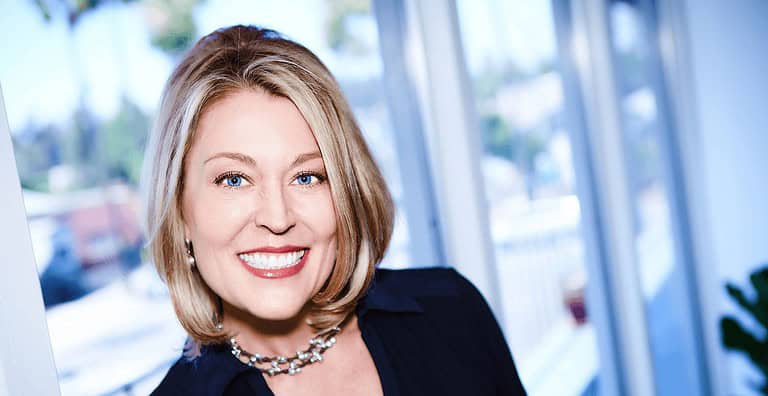Rawi Abdelal: GeoPolitical Expert
Globalization scholar who illuminates geopolitical impacts on business and supply chains, offering strategic playbooks to manage risk and pursue growth.
Quick Facts:
- Highlights:
- Professor of International Management at Harvard Business School; former director of Harvard’s Davis Center for Russian and Eurasian Studies
- Author of influential books: National Purpose in the World Economy, Capital Rules, The Rules of Globalization, Measuring and Constructing the International Economy
- Expertise: globalization, geopolitics, business-state dynamics, energy, disinformation, and evolving social contracts
- Formats: Keynote (45–60 min); Executive Briefing; Small Roundtable; Panel Moderator; Virtual Briefing
- Audiences: Leadership teams (25–150); Conference keynotes (200–2,500)
- Outcomes:
- Clear geopolitical indicators leaders should monitor.
- Scenario frameworks to stress test supply chains and markets.
- Practical policy-aware steps to reduce operational exposure.
- Travels from: Cambridge, MA
- **Fee range: $35,001 - $50,000
Talent Services
Keynote Topics:
Sample Keynote Topics
- Imagining the Next Global Economy
- Chekhov’s Gun: How the Conflict in Ukraine Will Affect the Future of Business and Society
- How Businesses and Governments Can Mitigate Disinformation
Talent Short Bio
Rawi Abdelal is a widely cited Harvard Business School professor and authority on globalization, geopolitics, and how global political shifts affect business and supply chains. He advises executives and policy makers on scenarios and policy signals that matter.
His briefings blend academic rigor with clear, usable takeaways so corporate boards and leadership teams can prioritize actions rather than panic over headlines. Rawi’s work helps organizations understand how trade policy, energy shifts, and geopolitical tensions can ripple through operations, customers, and long term strategy.
He’s a strong fit for executive retreats, strategy offsites, and leadership programs preparing for an uncertain global environment.
Read Full Bio
Rawi Abdelal is recognized as one of the world’s foremost authorities on how globalization and geopolitics affect businesses, economies, supply chains and social structures
Herbert F. Johnson Professor of International Management at Harvard Business School, faculty co-chair of the Bloomberg-Harvard City Leadership Initiative and faculty chair of the Harvard Business School/YPO Presidents’ Program
Work focuses on empowering organizations to save capitalism from the ground up, suggesting many actions organizations can take to do this require little or no financial investment.
Rawi Abdelal is a widely published author and an eloquent and inspiring speaker, educator and storyteller who teaches about global financial systems, international politics, the influence of multinational firms on world politics, the transformation of energy markets, and policies affecting and emerging from Russia, China and India
Key Takeaways:
Discussions help business leaders understand the macro and micro forces driving current trends, how to make sense of the world we’re living in, and what they can do to help build a more sustainable, equitable futures
Contact us at Speakers Inc and follow us on Twitter
Talent Videos
Rawi Abdelal | Imagining the Next Global Economy
Harvard Business School professor Rawi Abdelal explores the third act of globalization, the rise of new powers, and how inequality and dignity shape the future.
Video Summary & Key Moments
In his keynote, Imagining the Next Global Economy, Rawi Abdelal argues that the global system we have known for the past 25 years is ending, and a fundamentally new order is emerging. This inflection point requires leaders to reconsider assumptions about economics, geopolitics, and society.
He begins by noting that globalization faces powerful backlash from populist movements on both the left and right, eroding the political center in the U.S. and Europe. Combined with the war in Ukraine—the central geopolitical fact of today—these forces are accelerating systemic change. Abdelal frames this as the “third act” of globalization, drawing on Anton Chekhov’s storytelling principle: the “guns” placed in earlier acts are now going off, both figuratively and literally.
He examines great power transitions through historical data, showing how China’s resurgence and the relative decline of the U.S. and EU mark a structural shift in global economic gravity. For the first time in modern history, the West is losing ground to Asia, Africa, and Latin America. These transitions, he explains, often coincide with disruption in global market integration, leading to cycles of globalization and fragmentation.
Abdelal warns that we may be entering an era of de-globalization. While a small chance exists for preserving the current level of global integration, he sees a much higher likelihood of fragmentation, with profound consequences for supply chains, finance, and international collaboration.
Turning to inequality, Abdelal introduces the concept of a “dignity gap.” While income redistribution policies can reduce measurable inequality, as France attempted, they do not resolve disaffection or restore people’s sense of purpose. The deeper issue is the loss of dignity that comes from exclusion from meaningful work. Without addressing this, societies risk continued populist backlash and systemic instability.
Concluding with optimism, Abdelal cites Tom Stoppard: “The future is disorder.” While unsettling, he views this disruption as an invitation to creativity, urging leaders to rethink economic, social, and political practices. By reframing globalization and focusing on dignity, stability, and inclusion, Abdelal believes we can shape a more resilient global system.
Key Moments
00:00 – Introduction: Imagining the next global economy.
02:00 – Backlash against globalization and the weakening political center.
06:15 – Ukraine war as the defining geopolitical moment.
10:30 – The “third act” of globalization and Chekhov’s metaphor.
14:00 – Great power cycles and the rise of China.
20:20 – Historical eras of globalization and fragmentation.
27:00 – Scenarios for de-globalization and systemic risk.
32:15 – Rising inequality and the “dignity gap.”
40:00 – Lessons from France and the limits of redistribution.
47:30 – Optimism through disruption: rethinking practices and building dignity.
53:00 – Closing reflections and invitation to creativity.
Building Digital Societies | From Estonia’s Experience to Serbia’s Future
Estonian digital pioneer Taavi Kotka and Serbian leaders discuss how engineering, policy, and private sector collaboration can shape digital transformation.
Video Summary & Key Moments
In this 50-minute panel, Taavi Kotka—engineer, entrepreneur, and former Chief Information Officer of Estonia—shares insights on building digital societies, joined by Serbian government officials, telecom executives, and business leaders. The discussion blends technical, political, and strategic perspectives on digital transformation.
Kotka begins by contrasting countries that feel the urgency of digitalization with those that don’t. Nations like Switzerland can afford to delay, while others, such as Estonia, digitized out of necessity. He stresses that true digitalization is not about e-government services alone but about integrating data systems across society. Everyday interactions with banks, telecoms, and private services matter more than infrequent government transactions.
He explains that the core engineering challenge is establishing digital identity and data interoperability. Estonia solved this by linking banks, healthcare, and government databases through secure digital IDs, enabling seamless services such as e-prescriptions and automated tax filing. The lesson, Kotka argues, is that digitalization is straightforward in technical terms but requires political will and long-term commitment.
The panel also explores privacy, data sovereignty, and the balance between efficiency and control. Kotka notes that while China connects everything for surveillance, Nordic countries combine strong digital infrastructure with individual consent and data ownership. The future, he argues, lies in empowering citizens to control their data while keeping systems interoperable.
Other speakers emphasize Serbia’s progress in digital infrastructure, including tax reforms, customs modernization, and upcoming 5G deployment. They highlight public–private partnerships as essential, with telecom operators and IT clusters working alongside government.
The conversation turns to the future of digital economies, including the monetization of personal data, real-time governance based on evidence rather than politics, and the risks of complacency. Kotka uses examples such as the collapse of CD stores and Nokia’s decline to warn that disruption happens quickly; countries and companies that fail to adapt risk irrelevance.
He concludes that digitalization is not the goal itself but a tool to create efficiency, transparency, and opportunity. Success requires persistent reform, citizen trust, and collaboration between governments and private sector innovators.
Key Moments
00:00 – Introduction and keynote by Taavi Kotka.
04:30 – Why some countries digitize and others delay.
10:00 – Digital identity, interoperability, and citizen services.
16:20 – Privacy, consent, and data sovereignty.
22:00 – Serbia’s digital reforms and IT investment.
28:00 – Role of telecoms, AI, and 5G in transformation.
35:00 – Public–private collaboration and regulatory challenges.
42:00 – Risks of disruption: lessons from CDs and Nokia.
48:00 – Closing reflections on digital societies as tools, not goals.
Interest to Book? Send us your enquiry
No reviews available for this post.
Talent FAQ's
Do speakers charge a flat fee or by the hour?
Speaker fees can vary depending on factors such as expertise, demand, and event specifics. While some speakers may charge a flat fee for their services, others may have hourly rates. It’s best to discuss fee structures directly with the speaker or their representative to understand the pricing model.
What is the typical duration of a keynote speech and what is included?
Keynote speeches typically range from 30 to 90 minutes, with the duration determined by the speaker’s expertise, the event’s agenda, and audience preferences. Keynote speeches often include a combination of inspirational stories, practical insights, and actionable advice tailored to the event’s theme or objectives.
Does the scale of the event and audience size affect a speaker’s fee?
The scale of the event and audience size can indeed impact a speaker’s fee. Larger events with a broader reach or higher attendance may command higher fees due to increased exposure and demand. Conversely, smaller events or niche audiences may offer opportunities for more flexible pricing arrangements.
Travel expenses and other costs
Travel expenses such as transportation, accommodation, and meals are typically negotiated separately from the speaker’s fee. These costs vary depending on the speaker’s location, travel distance, and event duration. It’s important to clarify travel arrangements and expenses during the booking process to avoid misunderstandings.
Deposits and securing a booking
Many speakers require a deposit to secure a booking, with the remaining balance due closer to the event date. Deposits are often non-refundable and serve as a commitment from both parties. It’s advisable to discuss deposit requirements and payment terms with the speaker or their representative when finalizing the booking.
Additional tips and takeaways
- Virtual speaking appearances are a cost-effective alternative to high speaking fees, often 10-50% cheaper than in-person rates.
- There is typically no difference in fee for a 15-minute speech versus a 60-minute speech.
- Some motivational speakers are open to discounting their fee if hired for more than one event by the same organization.
- When browsing speakers, consider their location to keep travel costs down.
- Personal connections to your organization or event location can increase your chances of securing a renowned speaker.
- Be upfront about your needs and expectations to ensure a successful partnership.
- Speaker bureaus like Speakers Inc help guide you through the booking process to negotiate the best deal with favorable terms.
Ready to find the perfect speaker for your event? Use our advanced search feature or contact us to get started today!
You may be interested in...
- (77)

Tristan Harris is a globally recognized thought leader and advocate for ethical technology design. As the co-founder and executive director of the Center for Humane Technology, he has dedicated his career to addressing the pervasive influence of technology on human behavior and society. Frequently referred to as the “closest thing Silicon Valley has to a […]
- Travels from: San Francisco, CA
- Digital Speakers
- (65)
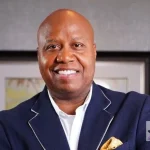
Walter Bond is came from humble beginnings as a college reserve player to becoming an NBA starter and now a Hall of Fame motivational speaker, Bond’s journey epitomizes the essence of hard work, determination, and excellence. Throughout his career, Walter has mastered the formula for greatness, a formula he passionately shares with audiences around the […]
- Travels from: Boca Raton, FL
- Motivational Speakers
- (33)
- (2)

In the realm of professional keynote speakers, few embody the essence of high performance and leadership as vibrantly as Greg “Boss” Wooldridge. With an illustrious career marked by exceptional leadership roles, including being the only commanding officer to lead The Blue Angels for three separate tours, Greg Wooldridge has mastered the art of building teams […]
- Travels from: Vancouver, WA
- Leadership Speakers
- (30)

Pat McGann is rapidly establishing himself as one of the sharpest voices in stand-up comedy today. Known for his quick wit, clever storytelling, and relatability, Pat has become a favorite among audiences seeking smart, laugh-out-loud entertainment. With his unique perspective and seamless delivery, he connects effortlessly with fans, creating an unforgettable experience that resonates well […]
- Travels from: Chicago, IL
- Comedian Hosts
- (38)
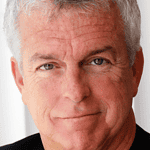
Mike Staver, CEO of The Staver Group, has earned a reputation as a bold, no-nonsense leadership coach who inspires change and growth in leaders across various industries. Often referred to as a “rebel with a cause,” Mike challenges leaders to confront their realities and face their fears head-on. He helps them take decisive action, enabling […]
- Travels from: Fountain Hills, AZ
- Leadership Speakers
- (39)
- (9)

Lorne Sulcas, widely recognized as “The Big Cat Guy,” is a leading figure in motivational and wildlife speaking. His compelling presentations captivate audiences around the globe, blending his profound knowledge of big cats with inspiring messages about leadership, resilience, and conservation. Lorne’s ability to communicate complex ideas through engaging storytelling makes him a highly sought-after […]
- Travels from: Los Angeles, CA
- Motivational Speakers
- (16)

Sowers has held coaching positions as the offensive assistant for the 49ers and training camp coach for the Atlanta Falcons. She started with the Kansas City Chiefs as a top athlete quarterback, then became the athletic director in Kansas City. As a female athlete and an empowered gender equality speaker, Katie Sowers has publicly taken […]
- Travels from: Santa Clara, CA
- Sporting Speakers
- (11)
- (4)

Colette Carlson is a renowned keynote speaker, author, and human behavior expert who has dedicated her career to fostering authentic connections and empowering individuals and organizations to thrive. With her blend of humor, insight, and actionable strategies, Colette has captivated audiences worldwide, delivering transformative messages that inspire growth and drive success. She leverages her deep […]
- Travels from: San Diego, CA
- Motivational Speakers
No results available
Disclaimer
These remain the property of its owner and are not affiliated with or endorsed by Speakers Inc.
Fee Range Information
All talent fees exclude VAT, travel and accommodation where required.


